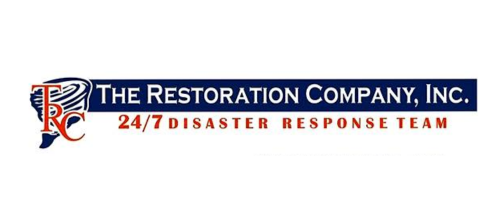Table of Contents
- When Homeowners Insurance Covers Mould Removal
- When the Property Owner is Responsible
- Special Considerations for Rental Properties
When Homeowners Insurance Covers Mould Removal
If the mould is caused by a covered peril, such as a burst pipe, accidental water damage, or a fire, homeowners insurance may cover the cost of remediation. It is important to review your policy carefully, as some policies may have limits or specific exclusions regarding mould-related claims.
When the Property Owner is Responsible
If the mould develops due to neglect, long-term leaks, or general maintenance issues, insurance usually does not cover the costs. In these cases, the property owner will need to pay for mould removal out-of-pocket. Preventative maintenance and early detection are key to avoiding costly repairs later.
Special Considerations for Rental Properties
In rental situations, responsibility is shared but depends on the cause of the problem. Landlords are generally responsible for mould that arises from structural defects, plumbing issues, or other problems related to the property’s condition. However, if mould develops due to the tenant’s negligence, such as failing to report a leak or not properly ventilating the property, tenants may be held liable for the cost of remediation.

